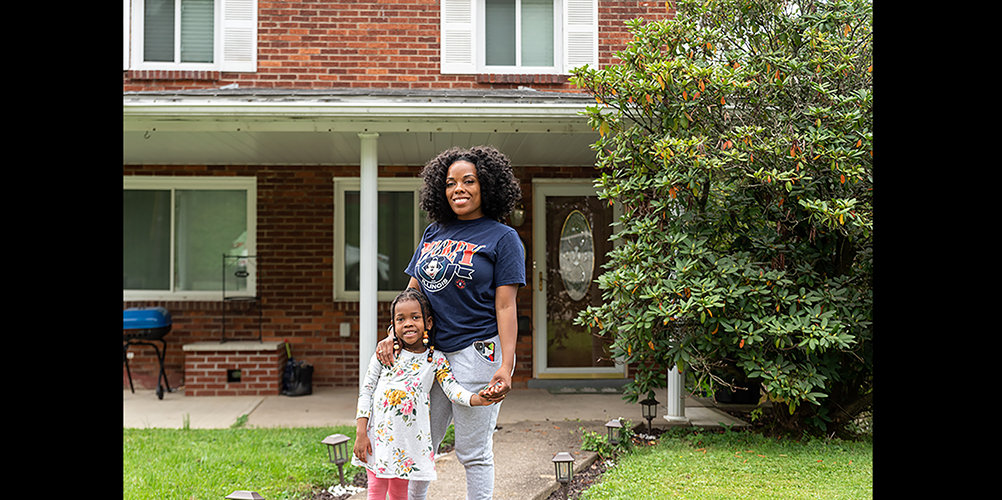
PLEASE NOTE: For 2026, applications in this area will be accepted by invitation-only. If you are not a current grantee but are interested in funding under our Economic Mobility/Homeownership focus area, please complete this form. You will be contacted by a member of our team if your organization is invited to participate in an informational meeting and/or apply for support.
Homeownership is the most common form of wealth creation for American households. To increase homeownership across our region, we are specifically interested in the following:
- Programs that include culturally-competent, personalized financial education, pre-and post-purchase homebuyer education and housing counseling, and down payment and closing cost assistance.
- Advocacy for and/or partnerships among nonprofits and financial institutions to pilot mortgage assistance initiatives. These may include options for manual underwriting, tiered debt-to-income ratios, non-traditional credit consideration, grant assistance and second mortgages to cover down payment and closing costs.
- Homeownership options that include Community Land Trust agreements, cooperatives or other collective ownership.
If you are interested in funding to support an effort to increase homeownership, please complete this form:
Submit Interest Form
Application Deadlines
| Foundation-Directed Grants | Application Deadlines* |
|---|---|
| Spring grant cycle | Tuesday, Feb. 3, 2026 by 5 p.m. (for funding decision after May 13) |
| Fall grant cycle | Wednesday, July 15, 2026 by 5 p.m. (for funding decisions after Oct. 28) |
*Dates above apply to most grant programs. If dates differ, they will be listed on the program page. Dates may be subject to change. The Foundation may adjust the timing of grants in consideration for funding.
Grant Guidelines
How to Apply for Grants

More Grantmaking Supporting Economic Mobility
The Pittsburgh Foundation also offers the following funding opportunities to eligible applicants.



